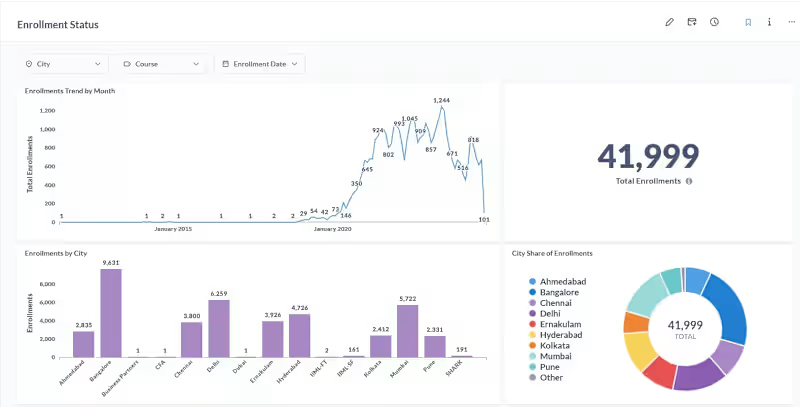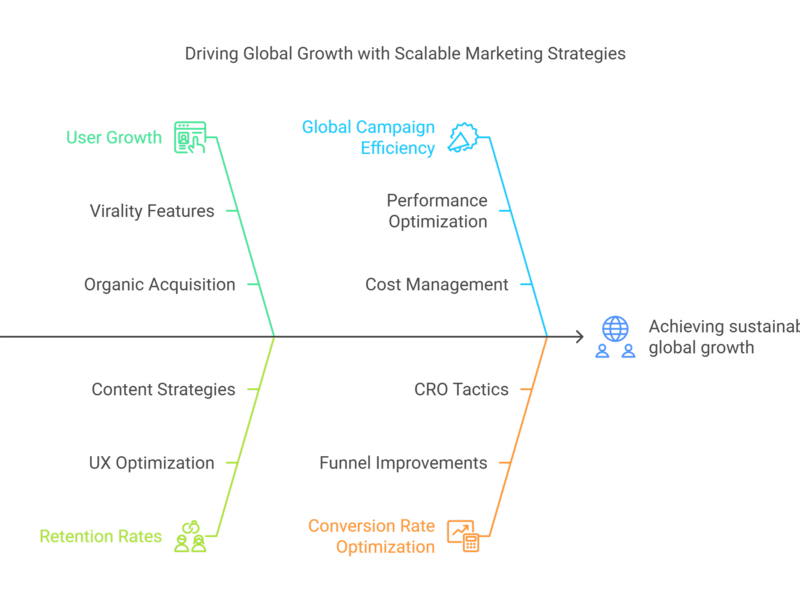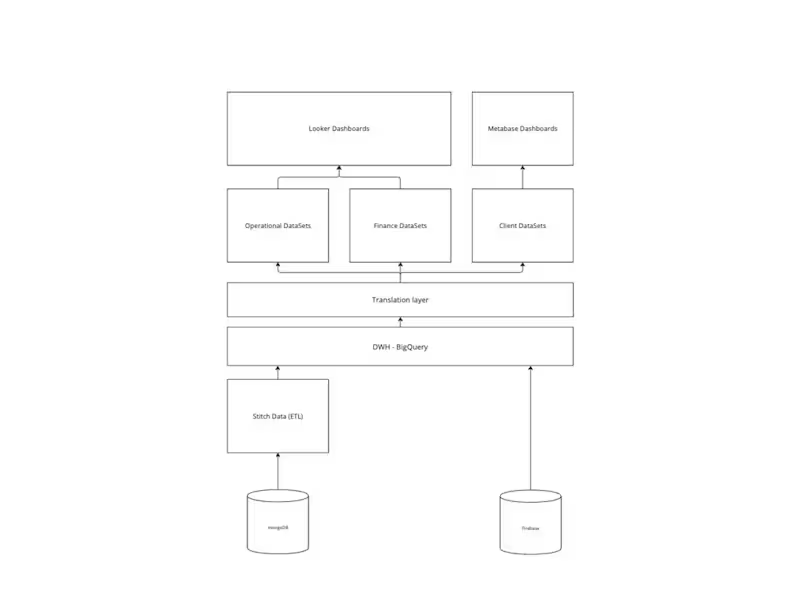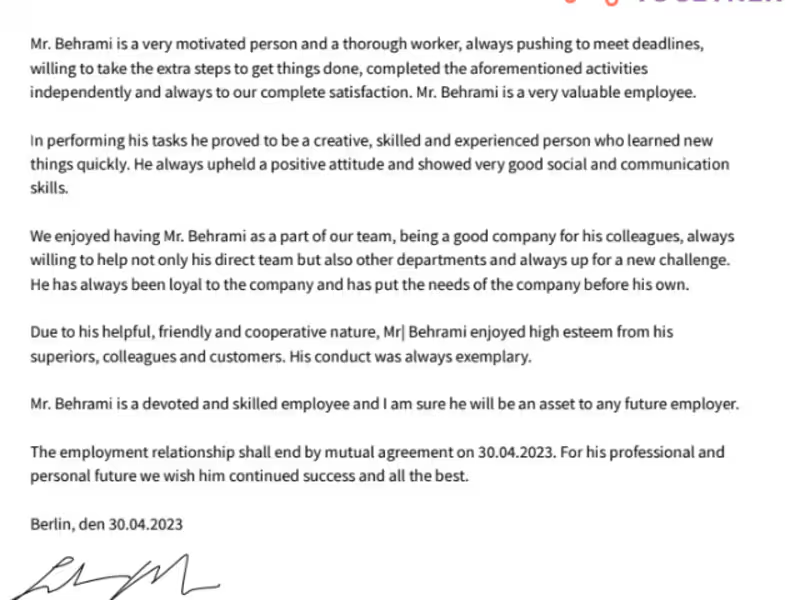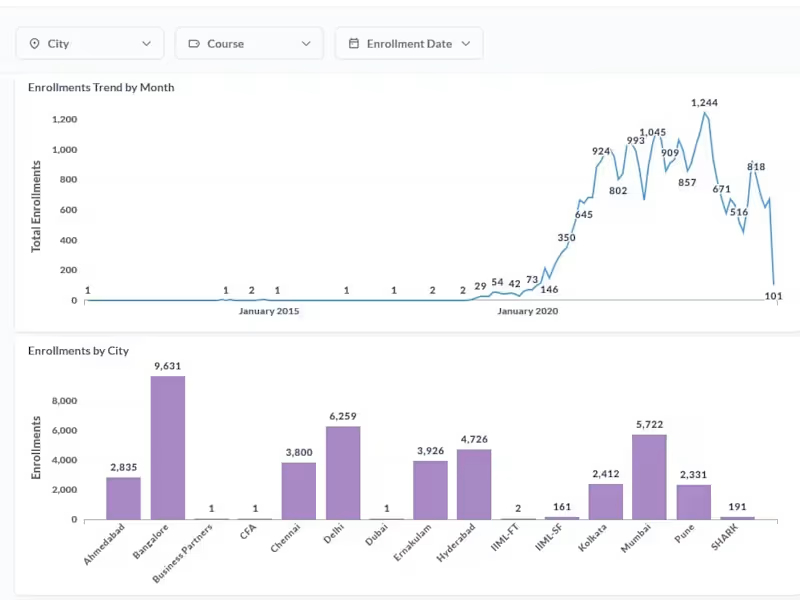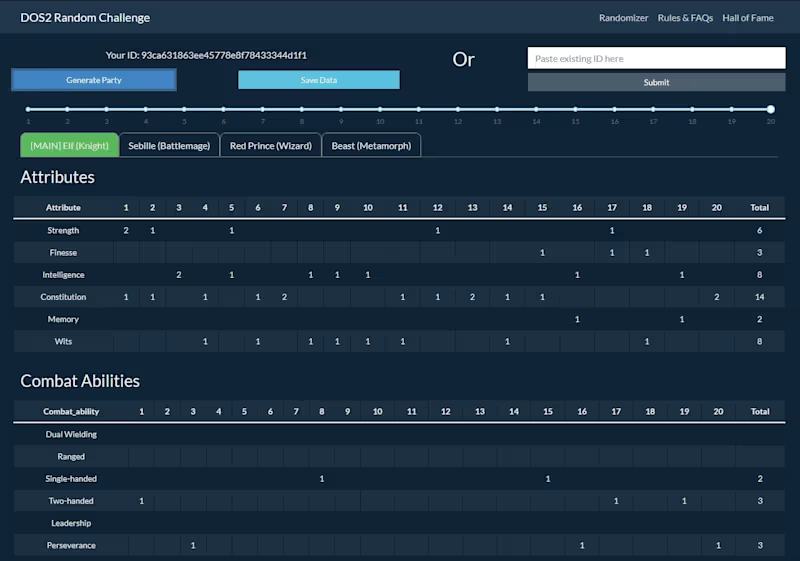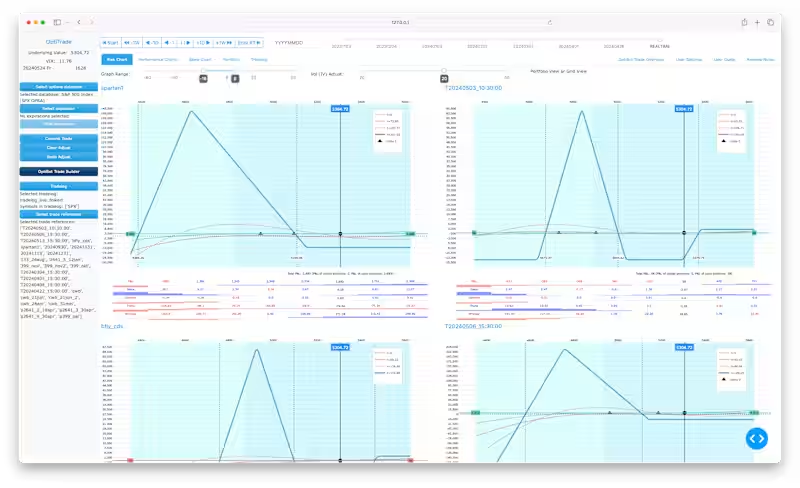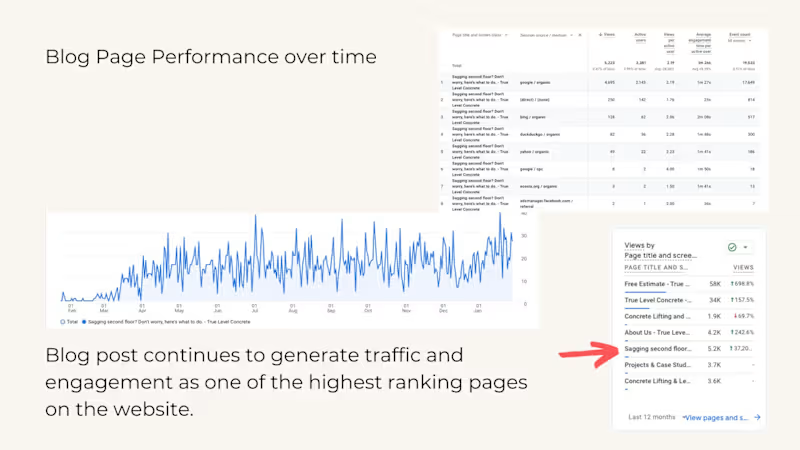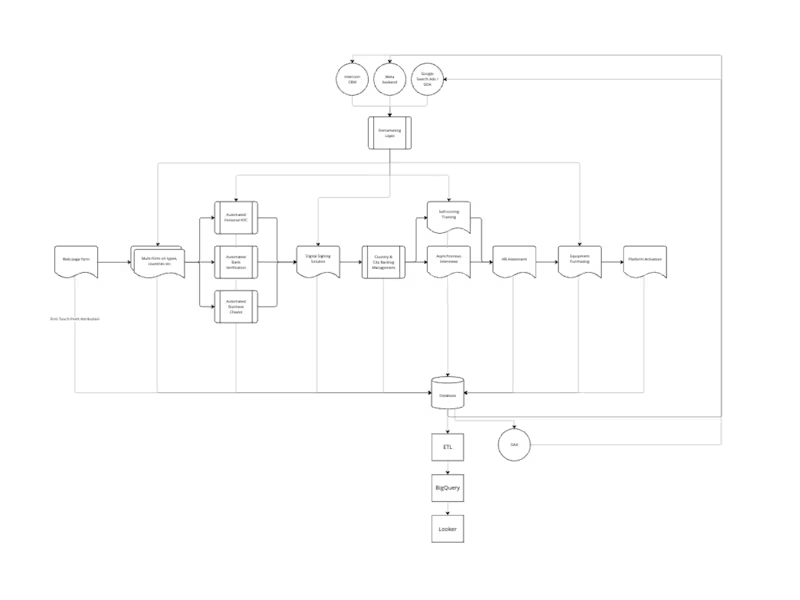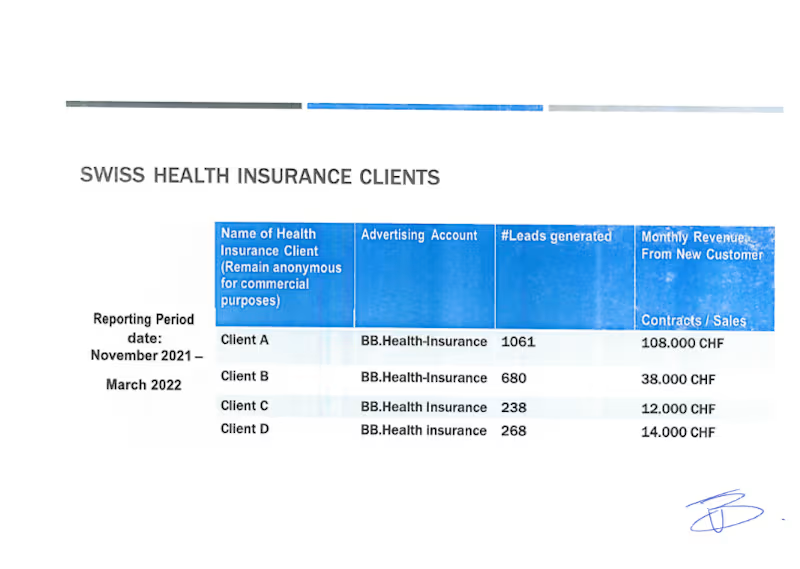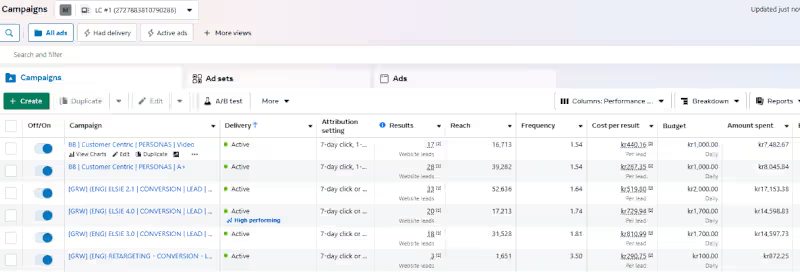Additional resources
What is Metabase and Why Hire Metabase Freelancers
Open-Source Business Intelligence Tool
Self-Hosted vs Cloud Deployment Options
Benefits of Hiring Metabase Specialists
Essential Skills to Look for in Metabase Developers
SQL and Database Management Expertise
Data Modeling and Visualization Skills
Cloud Platform Proficiency
API Integration and Embedding Knowledge
Common Projects for Metabase Freelancers
Dashboard Development and Design
Database Migration and Optimization
Embedded Analytics Implementation
ETL Pipeline Configuration
Multi-Tenant Architecture Setup
Metabase Freelancer Rates and Pricing Models
Hourly Rate Ranges by Experience Level
Fixed-Price Project Estimates
Factors Affecting Metabase Consultant Costs
How to Find Qualified Metabase Experts
Professional Networks and Communities
Technical Forums and Metabase User Groups
Specialized Talent Marketplaces
Direct Outreach Strategies
Evaluating Metabase Freelancer Portfolios
Dashboard Examples to Review
Industry-Specific Experience
Technical Certifications and Training
Interview Questions for Metabase Contractors
Technical Assessment Areas
Problem-Solving Scenarios
Communication and Project Management Skills
Defining Your Metabase Project Scope
Setting Clear Deliverables
Timeline and Milestone Planning
Budget Allocation Strategies
Security Considerations When Hiring Metabase Professionals
Data Access and Permissions
NDA and Confidentiality Agreements
Row-Level Security Implementation
Contract Types for Metabase Freelance Work
Hourly vs Fixed-Price Contracts
Retainer Agreements for Ongoing Support
Performance-Based Compensation Models
Best Practices for Managing Metabase Freelancers
Communication Protocols
Code Review and Quality Assurance
Documentation Requirements
Knowledge Transfer Planning
Red Flags to Avoid When Hiring Metabase Developers
Lack of Portfolio Examples
Unrealistic Pricing
Poor Communication Skills
Limited Technical Knowledge





























